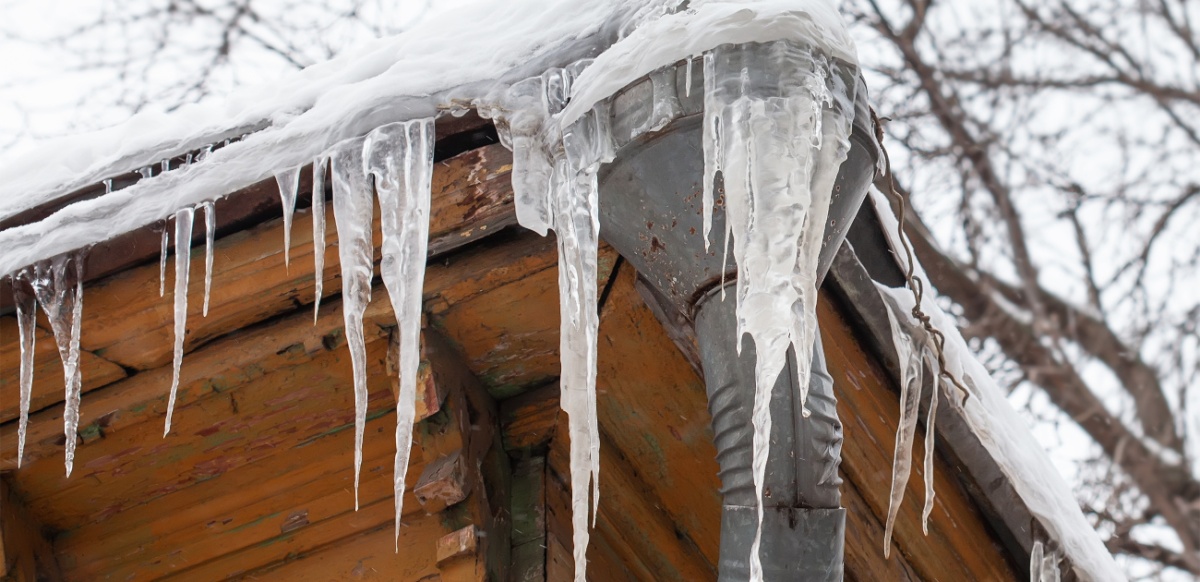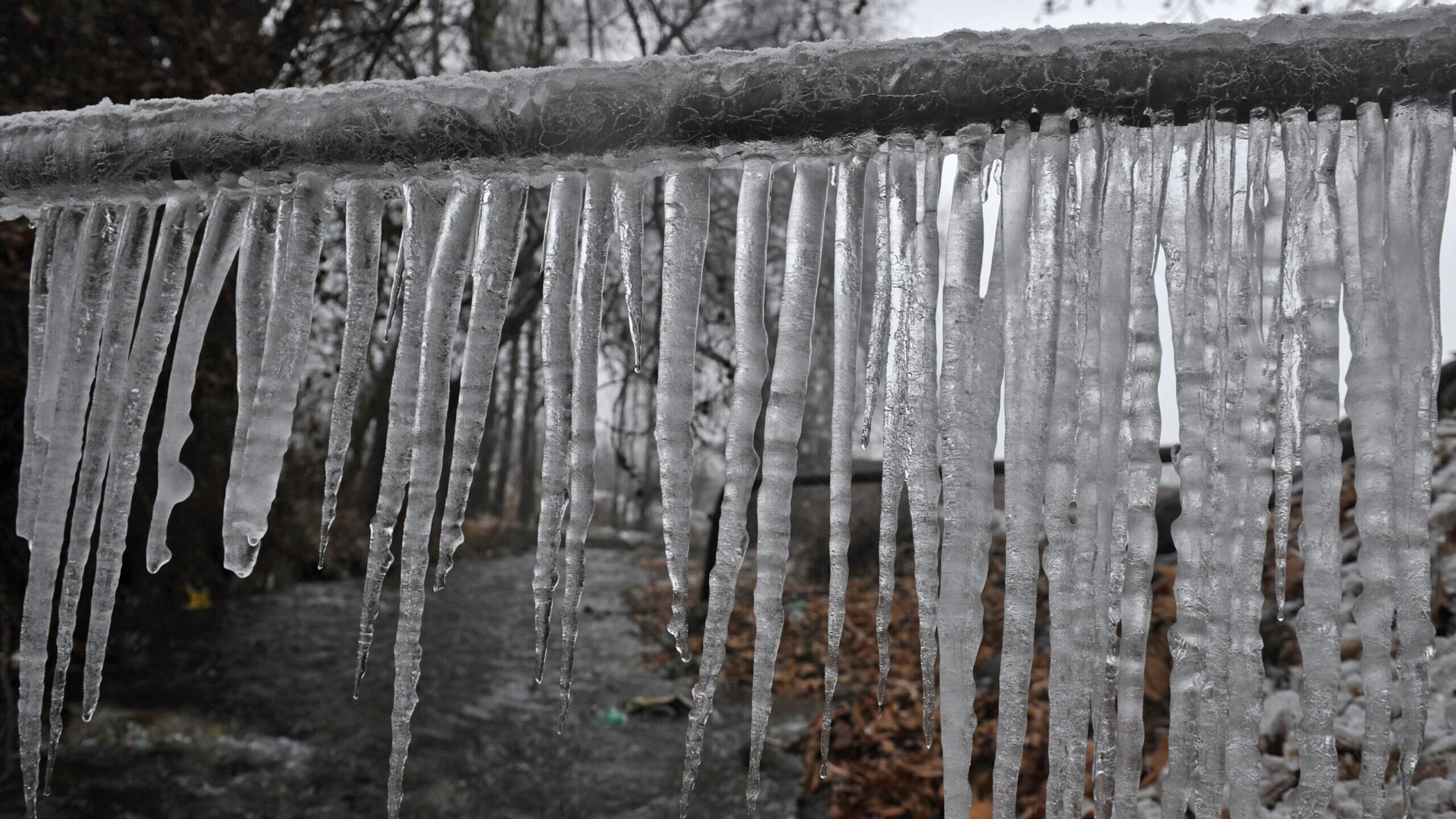The publisher is making a number of good pointers regarding Winter Plumbing Precautions: Preventing Frozen Pipes as a whole in this great article down the page.

Winter can wreak havoc on your plumbing, specifically by freezing pipes. Here's exactly how to avoid it from occurring and what to do if it does.
Intro
As temperature levels decline, the threat of icy pipelines rises, possibly bring about pricey fixings and water damages. Comprehending just how to stop frozen pipes is essential for homeowners in cold environments.
Recognizing Icy Pipes
What causes pipelines to freeze?
Pipelines ice up when exposed to temperature levels below 32 ° F (0 ° C) for extended durations. As water inside the pipes ices up, it expands, taxing the pipe wall surfaces and potentially triggering them to burst.
Dangers and problems
Frozen pipelines can lead to water system interruptions, property damages, and expensive repairs. Ruptured pipelines can flooding homes and trigger considerable architectural damages.
Indicators of Frozen Pipeline
Recognizing frozen pipes early can stop them from bursting.
Exactly how to determine icy pipes
Search for reduced water flow from taps, uncommon odors or noises from pipelines, and visible frost on exposed pipelines.
Avoidance Tips
Protecting vulnerable pipelines
Wrap pipes in insulation sleeves or make use of heat tape to protect them from freezing temperature levels. Focus on pipelines in unheated or exterior locations of the home.
Heating strategies
Keep indoor spaces appropriately heated up, specifically areas with pipes. Open up cabinet doors to enable cozy air to circulate around pipelines under sinks.
Shielding Outdoor Pipes
Yard hoses and outside taps
Detach and drain pipes garden pipes prior to winter season. Mount frost-proof spigots or cover outside taps with shielded caps.
What to Do If Your Pipes Freeze
Immediate actions to take
If you believe frozen pipes, keep taps open up to relieve pressure as the ice thaws. Make use of a hairdryer or towels taken in hot water to thaw pipes gradually.
Long-Term Solutions
Architectural changes
Think about rerouting pipelines far from exterior walls or unheated locations. Include additional insulation to attic rooms, cellars, and crawl spaces.
Updating insulation
Purchase top quality insulation for pipes, attics, and walls. Proper insulation helps maintain consistent temperatures and reduces the threat of frozen pipelines.
Final thought
Preventing icy pipelines needs aggressive steps and fast responses. By recognizing the causes, indications, and safety nets, homeowners can safeguard their pipes throughout winter.
Helpful Tips to Prevent Frozen Pipes this Winter
UNDERSTANDING THE BASICS: WHY PIPES FREEZE AND WHY IT’S A PROBLEM
Water freezing inside pipes is common during the winter months, but understanding why pipes freeze, and the potential problems it can cause is crucial in preventing such incidents. This section will delve into the basics of why pipes freeze and the associated problems that may arise.
THE SCIENCE BEHIND FROZEN PIPES
When water reaches freezing temperatures, it undergoes a physical transformation and solidifies into ice. This expansion of water as it freezes is the primary reason pipes can burst. As the water inside the pipe freezes, it expands, creating immense pressure on the walls. If the pressure becomes too great, the pipe can crack or rupture, leading to leaks and water damage.
FACTORS THAT CONTRIBUTE TO PIPE FREEZING
- Low Temperatures: Extremely cold weather, especially below freezing, increases the risk of pipes freezing.
- Uninsulated or Poorly Insulated Pipes: Pipes located in unheated areas, such as basements, crawl spaces, or attics, are more prone to freezing. Insufficient insulation or lack of insulation altogether exacerbates the problem.
- Exterior Wall Exposure: Pipes running along exterior walls are susceptible to freezing as they encounter colder temperatures outside.
- Lack of Heating or Temperature Regulation: Inadequate heating or inconsistent temperature control in your home can contribute to frozen pipes.
PROBLEMS CAUSED BY FROZEN PIPES
WHY CERTAIN PIPES ARE MORE PRONE TO FREEZING
- Pipe Bursting: As mentioned earlier, the expansion of water as it freezes can cause pipes to burst, resulting in significant water damage.
- Water Damage: When pipes burst, it can lead to flooding and water damage to your property, including walls, ceilings, flooring, and personal belongings.
- Structural Damage: Prolonged exposure to water from burst pipes can compromise the structural integrity of your home, leading to costly repairs.
- Mold and Mildew Growth: Excess moisture from water damage can create a favorable environment for mold and mildew growth, posing health risks to occupants.
- Disrupted Water Supply: Frozen pipes can also result in a complete or partial loss of water supply until the issue is resolved.
https://busybusy.com/blog/helpful-tips-to-prevent-frozen-pipes-this-winter/
- Location: Pipes located in unheated or poorly insulated areas, such as basements, crawl spaces, attics, or exterior walls, are at higher risk of freezing.
- Exterior Pipes: Outdoor pipes, such as those used for irrigation or exposed plumbing, are particularly vulnerable to freezing as they are directly exposed to the elements.
- Supply Lines: Pipes that carry water from the main water supply into your home, including the main water line, are critical to protect as freezing in these lines can affect your entire plumbing system.
- Underground Pipes: Pipes buried underground, such as those connected to sprinkler systems or outdoor faucets, can be susceptible to freezing if not properly insulated.

Do you like reading about How to Prevent Your Pipes From Freezing? Make feedback below. We'd be glad to know your insights about this write-up. We hope that you come back again later on. Are you aware of someone else who is excited by the niche? Take a moment to promote it. I thank you for reading our article about Helpful Tips to Prevent Frozen Pipes this Winter.
Click Here
Comments on “Preventing Frozen Pipes in Cold Weather: Pro Tips”